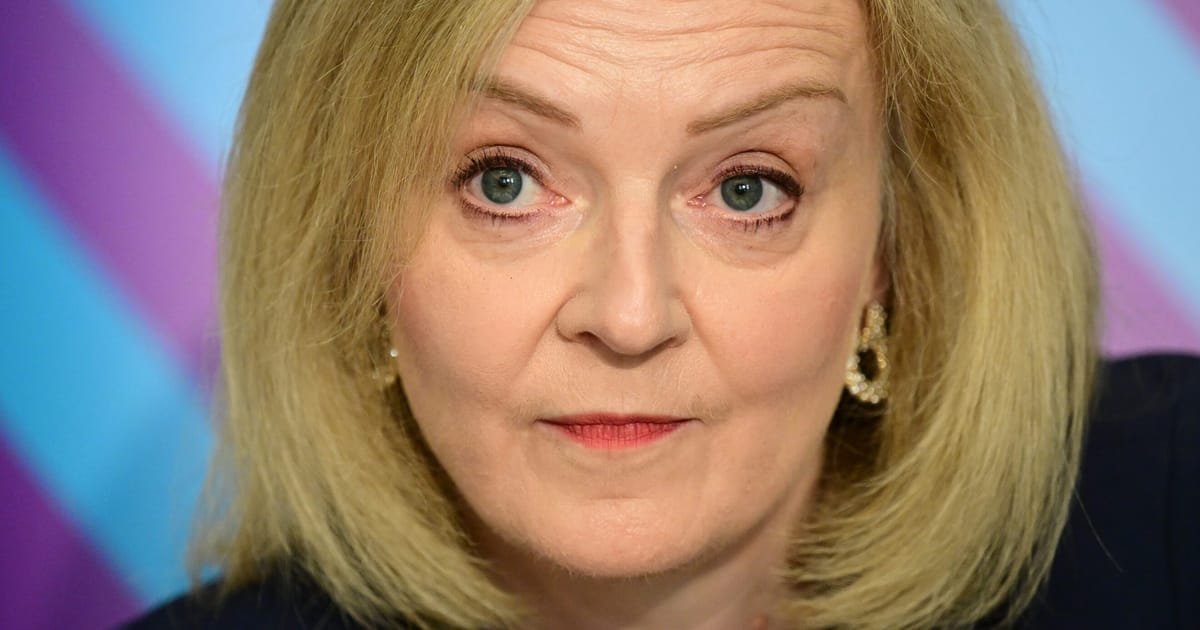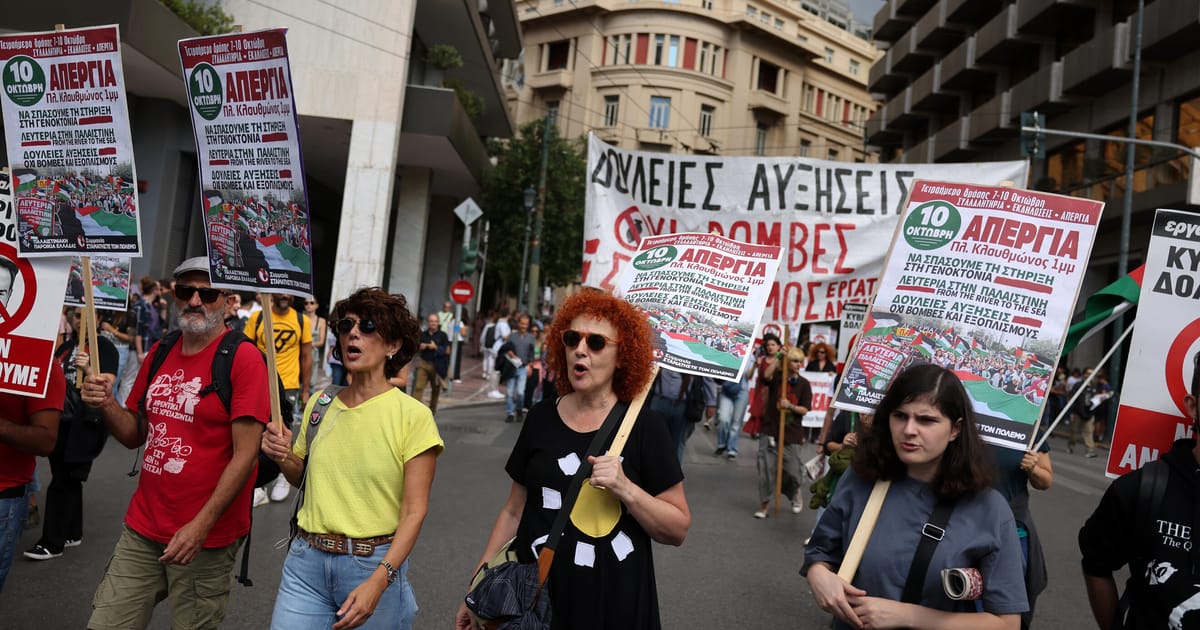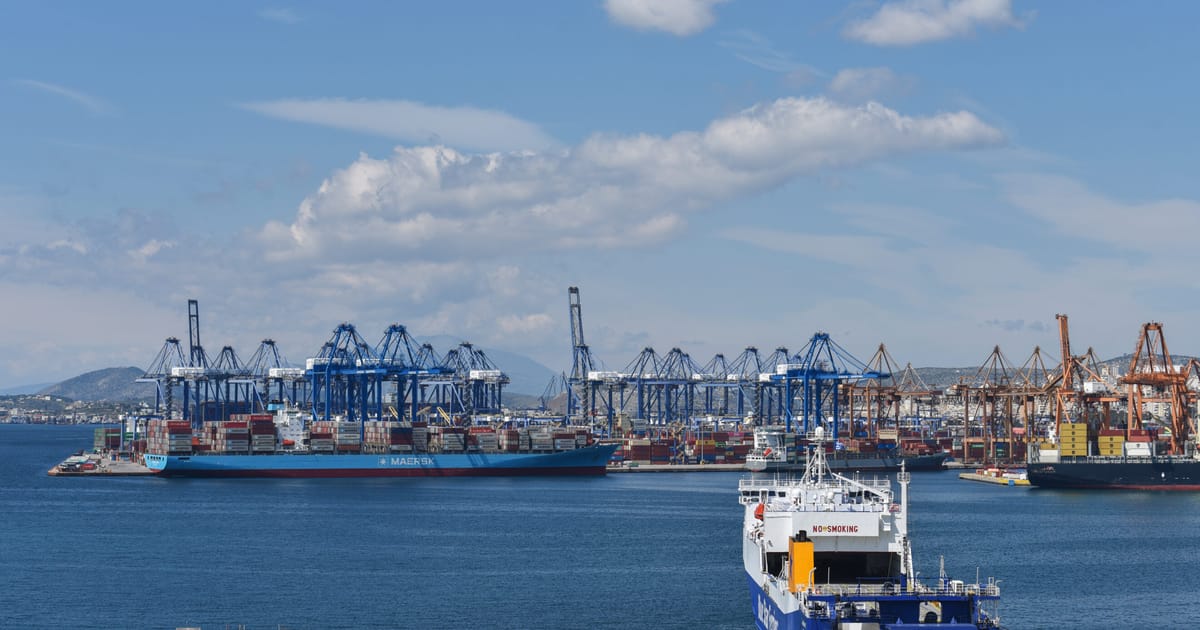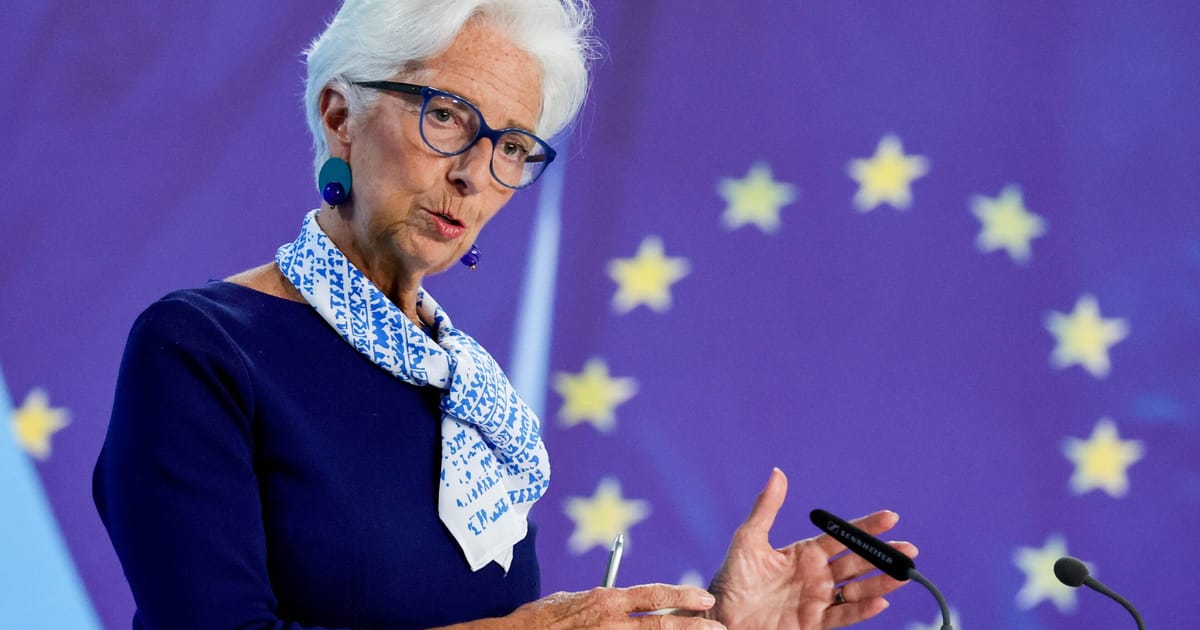The dirty little secret no politician will admit: There is no way to ‘go for growth’
Source: POLITICO
Like all of the French presidents of the last 25 years, Macron has faced this constraint on domestic policymaking by trying to co-opt the one institution that has no formal constraints on creating money out of thin air — the European Central Bank. In his Sorbonne speech, he stressed that “you cannot have a monetary policy whose sole objective is to address inflation.”
The ECB’s mandate can only be updated by changing the whole EU treaty, something for which Europe’s leaders have no appetite. But even within its current legal straitjacket, the ECB has found plenty of ways to support national governments when it can, with a sequence of tools and programs that have allowed it to buy their bonds and keep their borrowing costs below where they would naturally have been.
It’s the newest of these tools that is likely to play a key role in the next few weeks. The ECB has stopped net purchases of bonds as part of its broader policy to bring inflation down, but it has one tool — so far untested — that it can use to alleviate any market stress after the elections: the so-called Transmission Protection Instrument.
The TPI allows the ECB to buy the bonds of individual governments whose borrowing costs it considers out of step with macroeconomic fundamentals. The idea is to ensure that its single monetary policy applies reasonably equally across the whole euro area. But it creates substantial scope for the ECB to exercise financial repression on behalf of those it considers aligned with its own mission.
It implies that the ECB knows better than markets what the value of a government promise to pay is. And in not setting any ex ante limits to the scale of its interventions, it has bestowed upon itself enormous power to take on the markets if it disagrees with them strongly enough.
It’s this power that Macron may want to harness if he is still able to present a budget he can call his own after July. But by the same token, he will want to ensure that the ECB denies that support to his opponents if they emerge victorious, just as it did to Italy’s Silvio Berlusconi and Greece’s Alexis Tsipras a decade ago.
The original article: belongs to POLITICO .



